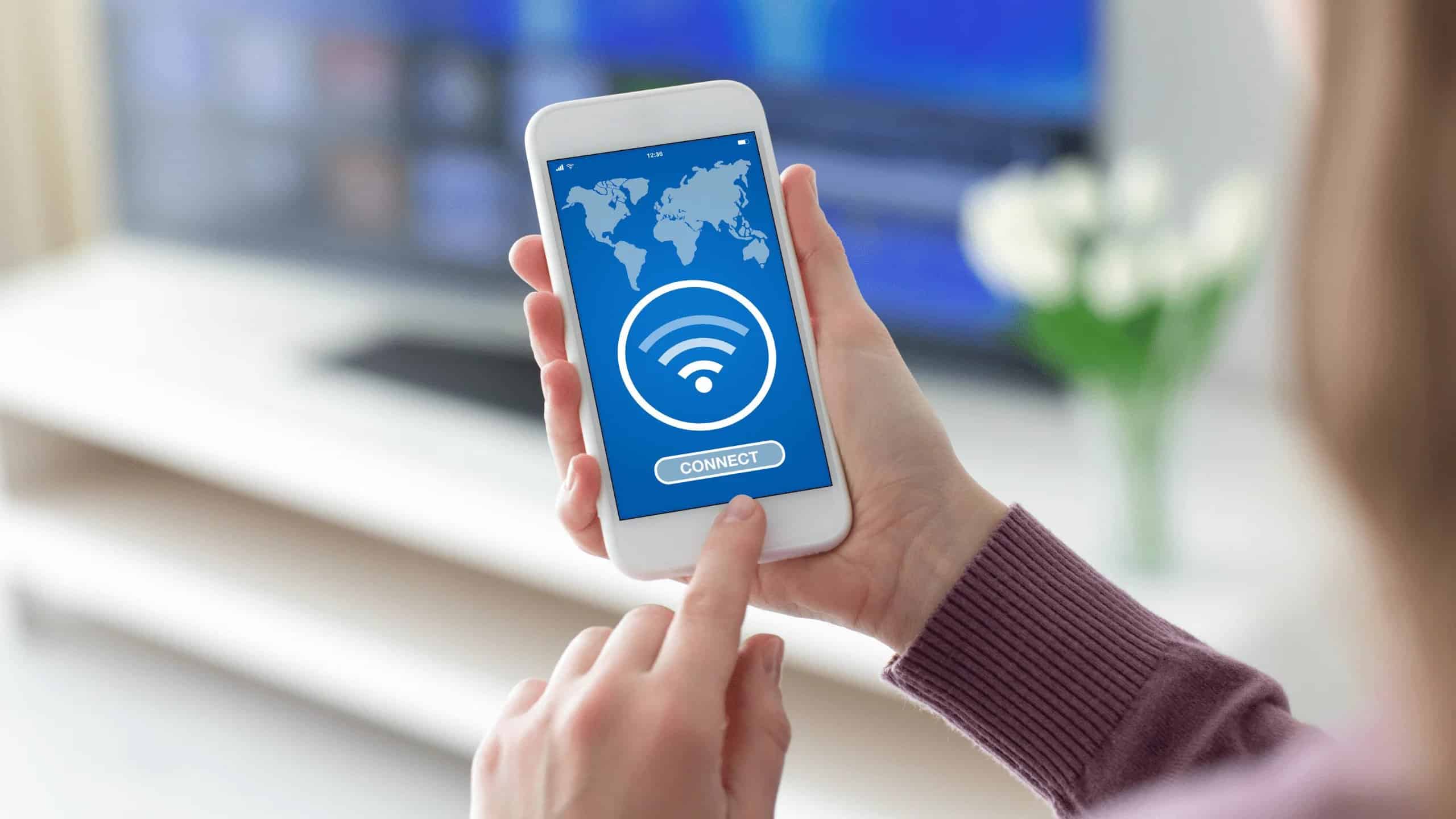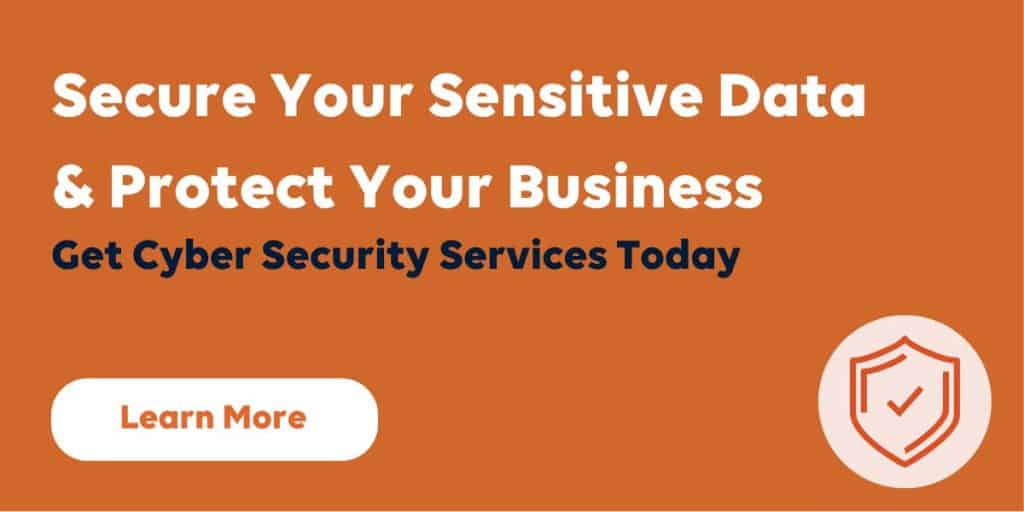The internet has worked its way into every corner of our lives. Every day we connect to relax, chat with friends, shop online and even access sensitive details like bank accounts and credit cards.
All that activity makes our lives much easier, but it also opens us up to the darker parts of the internet. Access to your online banking or valuable information is a temptation for criminals all over the world, and your Wi-Fi network needs to be up to the challenge of deterring those sorts of people.
If you’re worried about the security of your business networks then we have some simple tips for keeping your data safe.
Change Your Router Name and Password
This should always be your first port of call when you receive a new router. Changing the name of your router will make it harder for hackers to identify your network. Importantly, most routers come with default names that give away the manufacturer, and that information could be used to break into your network.
Likewise, you’ll need to change your password. Some routers are supplied with strong passwords, and others are supplied with default ones, so the best remedy is to make a point of changing it. Picking a unique password that is 20 characters or longer and contains numbers, letters, capitals and symbols is one of the best defences you have against malicious attacks.
Is Your Firmware Up To Date?
The router that runs your network runs on a type of software that’s commonly known as firmware. Like all other types of software, firmware can have bugs and defects that can be used to break into the system. The manufacturer of your router is responsible for keeping its firmware updated to make sure your Wi-Fi is safe to use.
Some routers come with the ability to turn off automatic updates, or an update might fail to download, so it’s important to manually check your router occasionally. Make sure its firmware is up to date and download any security patches that are available.
Who Is Using Your Network?
By logging into your network’s admin access, you can see all the people and devices who have connected to your network. From time to time it’s a good idea to log in and check this list to make sure you recognise the people and devices who have used your Wi-Fi. While this won’t be a foolproof way of detecting an intruder, it’s a quick way to find out whether you have any obvious security flaws that are being exploited.
Do You Have Remote Access Set Up?
Many routers now come with the ability to allow remote access. This makes them easy to access and change when you’re away, but it’s a feature most of us will never need to use.
Go through the settings on your router and make sure remote access is disabled. Having it enabled doesn’t create a major flaw in your network but it’s another small way you can close unnecessary security risks. If you ever install a device that needs remote access enabled you can always turn it back on, until then it’s better to leave it off.
Not Sure If Your Network Is Safe? Contact Surety IT Today!
When the security of your data and information is at risk, it pays to be sure that your Wi-Fi and network are safe. Get in touch with the friendly team at Surety IT and we’ll be happy to assess your network and make sure you’re protected from any unwanted intrusions through our range of cyber security services.


